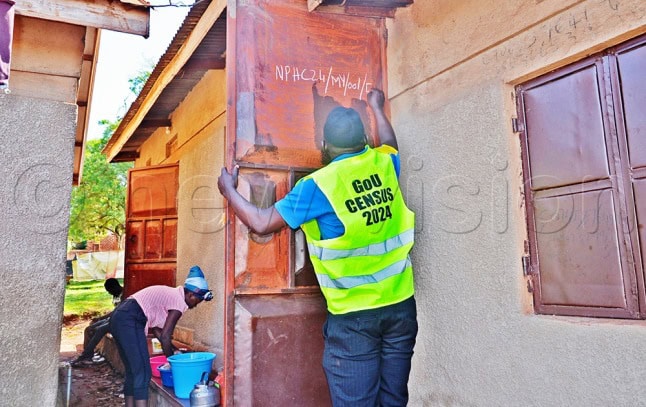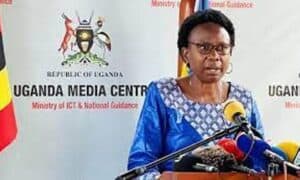The recently conducted census has encountered significant challenges in various regions, and West Nile is no exception. Apart from the logistical hurdles faced during the ongoing census exercise, land and border conflicts have emerged as major roadblocks in accurately capturing the population data.
Land disputes have long been a contentious issue in many parts of the world, and West Nile is not immune to this challenge. Conflicting claims over land ownership, boundary demarcation, and territorial rights have disrupted the census process in the region.
These disputes often involve multiple stakeholders, including communities, individuals, and even neighboring districts, leading to delays and confusion in accurately counting the population.
In addition to land disputes, border conflicts have further complicated the census exercise in West Nile. Disagreements over territorial boundaries between neighboring districts or even countries have created a challenging environment for census officials.
These conflicts not only hinder the smooth functioning of the census but also raise questions about the accuracy of population data within specific areas.
The presence of land and border disputes has significant implications for the overall accuracy and reliability of the census data collected in West Nile.
Inaccurate population figures can lead to skewed resource allocation, ineffective policy planning, and inadequate representation for the affected communities. Additionally, the lack of comprehensive data can hinder the identification and implementation of targeted development initiatives.
Resolving land and border disputes is crucial for the successful completion of the census in West Nile. It requires the collaboration of relevant stakeholders, including local communities, government authorities, and legal institutions.
Establishing clear and transparent mechanisms for resolving these conflicts is essential to ensure the smooth functioning of future censuses and the accurate representation of the population.
The ongoing census in West Nile has faced significant obstacles due to land and border disputes. These conflicts have not only disrupted the data collection process but also raised concerns about the accuracy of the population figures.
Resolving these disputes is vital for ensuring the effective implementation of development initiatives and equitable resource allocation in the region.












